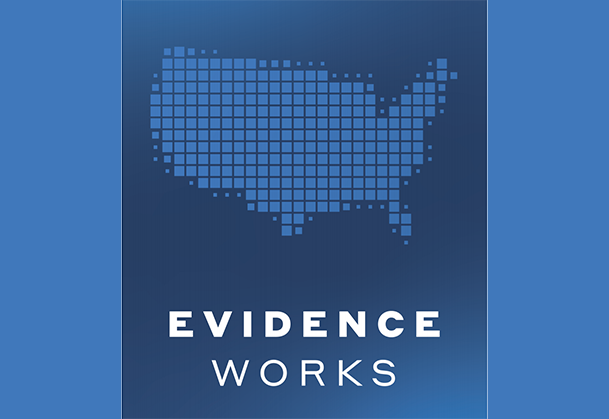New Report Illustrates Impact of Evidence on Policy

Behavioral scientists and other experts increasingly are applying their research and scientific methods to improve government programs and policies across the globe. However, those not working in this area may not be entirely clear on what is involved in “evidence-based policy.”
A new report seeks to change that. Evidence Works: Cases Where Evidence Meaningfully Informed Policy presents 20 case studies describing instances in which evidence was used for government policymaking at the federal, state and local levels, and where policymaking processes were designed to incorporate evidence. The report is published by the Bipartisan Policy Center, a Washington, DC-based think-tank.
“The case studies included in Evidence Works were selected because they each tell a story of success—one that program administrators, policymakers, and elected officials can learn from as they apply the information at hand toward better decision-making,” say co-editors Nick Hart and Meron Yohannes in their foreword.
The report features a randomized controlled trial investigating the influence of police-worn body cameras in Washington, DC conducted by psychological scientist David Yokum (Brown University) and political scientist Anita Ravishankar (University of Michigan and Metropolitan Police Department of the District of Columbia).
In the report, Yokum cites his column in the APS Observer, which describes opportunities for psychological scientists to become more involved in efforts to apply evidence to policy.
Other case studies in the report include investigations of child welfare on risky behavior, how to improve literacy, and interventions that reduce teen pregnancy.
The publication of this new report occurs against a backdrop of growing interest and excitement in the evidence-based policy movement. Among other things, the federal government is implementing the 2019 Foundations for Evidence-Based Policymaking Act, which reflects a series of recommendations to better integrate evidence into policymaking proposed by a bipartisan group of experts. Click here to read more about APS’s support for the evidence-based policy movement.
Interested in reading Evidence Works? Click here to download a copy of the report.





APS regularly opens certain online articles for discussion on our website. Effective February 2021, you must be a logged-in APS member to post comments. By posting a comment, you agree to our Community Guidelines and the display of your profile information, including your name and affiliation. Any opinions, findings, conclusions, or recommendations present in article comments are those of the writers and do not necessarily reflect the views of APS or the article’s author. For more information, please see our Community Guidelines.
Please login with your APS account to comment.